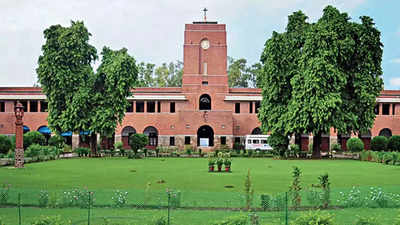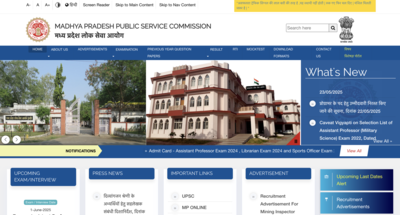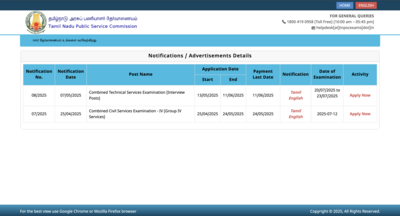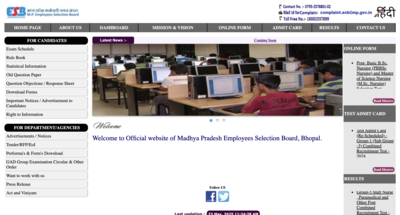Next DUSU election to have stricter guidelines as university VC announces implementation of Lyngdoh panel

NEW DELHI: Delhi University Vice-Chancellor Yogesh Singh has said that the varsity will implement Lyngdoh panel guidelines and the next Delhi University Students’ Union (DUSU) elections will have more “limitations and restrictions” to ensure smoother conduct. “Nobody should deface walls. What happened during elections in the past, huge amounts of money and muscle power, is not expected. We don’t want to repeat these things, and next time, we will see a change. We will implement Lyngdoh Committee recommendations,” Singh said in an interview with PTI.
He further added that “now there will be limitations and restrictions,” in an apparent reference to new measures to curb malpractices in student politics.
Singh also acknowledged concerns raised by students who feel that elections disrupt academic activities. “Many students just want to study, and they should have that right without disturbances,” he said.
Last year, the Delhi High Court said officials of Delhi University and its colleges had failed to appreciate the true import of the Lyngdoh Committee guidelines, which prohibit the defacement of public property and the use of printed posters during the students union elections.
According to the Lyngdoh Committee guidelines, a candidate cannot spend more than Rs 5,000. They also state that the candidates can only use voluntary contributions from the student body for their campaign. The guidelines also do not allow candidates to use any printed material, including posters, for canvassing. There are other limitations as well regarding funding and campaigning.
Any contravention of these recommendations may make the candidate liable to be stripped of his candidature or his elected post, and the authorities may also take appropriate disciplinary action against such a violator, as stated in the guidelines.
During the interview, the VC also responded to allegations that DU is being saffronised. Dismissing such claims, he asserted that education should instil a sense of national pride.
“This is our country. We all are children of this country. The education system should prepare that kind of mindset. In the next 25 years, India will be a developed nation, and our challenges will be very different. We need such brains, such citizens, who will protect the interest of our country,” he said.
On the specific charge of ideological bias, Singh remarked, “We were already under slavery for 800 years; we do not want that to happen again. And if they are talking about the particular saffron colour, then saffron is a colour of sacrifice, austerity and asceticism, the colour of Bharat.” In the interview, Singh also dismissed suggestions that Delhi University (DU) might opt out of the Common University Entrance Test (CUET), asserting that the system has led to greater diversity and fairness in admissions.
“We are very satisfied with the performance of students coming through CUET. There is no issue, no question of opting out,” he said.
The VC also spoke on ‘One Nation, One Election’. In the past, the varsity has seen protests against the programmes discussing simultaneous elections.
Supporting the idea, he said, “One Nation, One Election is a good step. Frequent elections cause disturbances and impact academics. A synchronised electoral process will help in focusing on governance and education without interruptions,” he noted.
He suggested that in case a government collapses in its fourth year, the Rajya Sabha should take over governance for the remaining period, with the Vice President executing the Prime Minister’s powers.
“This would prevent unnecessary elections and ensure continuity,” he added.
Discussing DU’s future plans, Singh said that the university is working on improving infrastructure, faculty recruitment, and research initiatives.
“Our QS world ranking improved significantly, from 600+ in 2022 to 328 now. We aim to break into the top 200 and, eventually, the top 100 universities globally,” he said.





